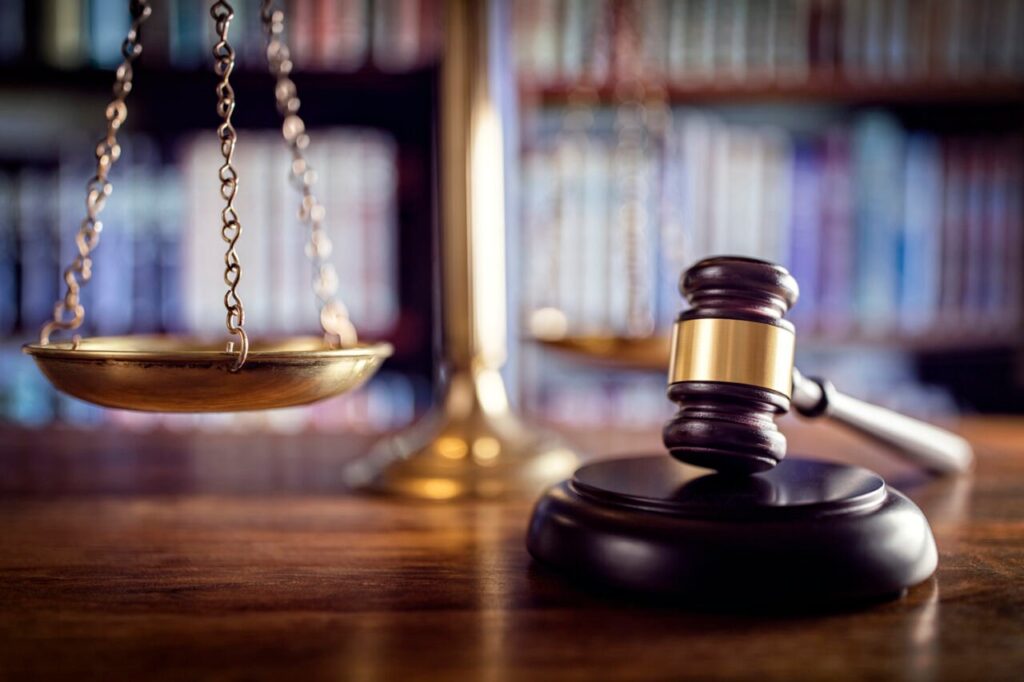
UPDATE: Legal professionals are facing escalating repercussions as misuse of artificial intelligence (AI) in law firms leads to significant legal blunders. New reports from The New York Times reveal a troubling trend where lawyers are relying on AI tools, like ChatGPT, to draft legal briefs, resulting in fabricated information and serious ethical breaches.
This alarming development is occurring as lawyers increasingly turn to AI to handle monotonous tasks. However, the repercussions are dire. The American Bar Association asserts that while AI can be employed in legal work, lawyers must ensure the accuracy of the content produced. Unfortunately, many are falling short, leading to a wave of disciplinary actions.
Recent findings indicate that there are currently 509 documented cases of AI misuse, prompting some lawyers to form a network aimed at tracking these violations. Notably, French attorney Damien Charlotin has created an online database highlighting these legal missteps, which has expanded to include 11 pages of incidents.
Authorities are sounding the alarm over the negative impact these blunders are having on the legal profession. Stephen Gillers, an ethics professor at New York University School of Law, stated, “These cases are damaging the reputation of the bar. Lawyers everywhere should be ashamed of what members of their profession are doing.”
The recent surge in AI-related legal errors is not just a professional concern; it raises questions about the integrity of the legal system. As cases of misconduct are reported, the legal community is urged to take immediate action to rectify the situation.
As the trend continues to develop, legal professionals are now more than ever compelled to scrutinize their use of AI tools, ensuring they maintain the highest standards of accuracy and ethical responsibility. The consequences of negligence could lead to fines or more severe penalties, making it clear that the stakes are higher than ever in the legal field.
In light of these developments, the legal community must remain vigilant. What happens next will be critical for restoring trust in the profession and ensuring that the integrity of the legal system is upheld. Legal experts and organizations are encouraged to engage in discussions about best practices in AI use to mitigate further risks.







